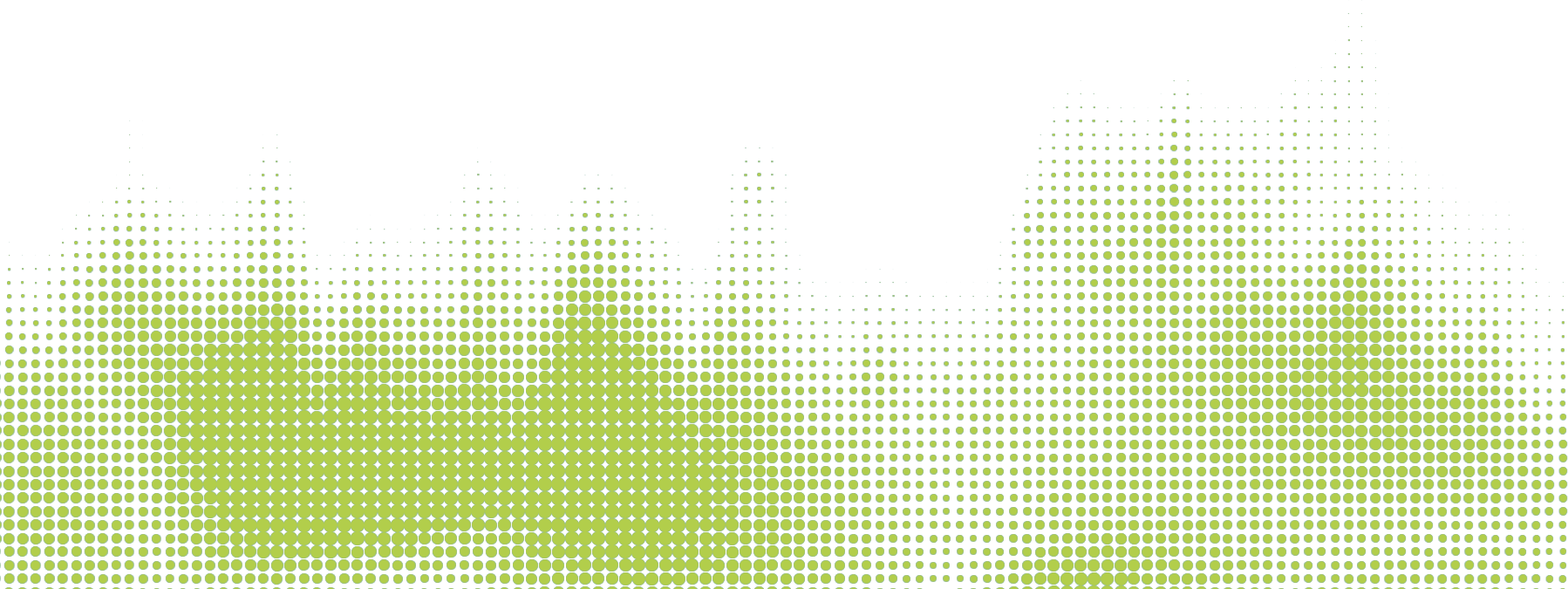What is the difference between cash forfeiture and seizure?
Cash seizure is the first part of the process where law enforcement takes your physical cash into its possession and removes your right to use it. Cash forfeiture is where your rights to the seized cash is permanently taken away through a court order. So, forfeiture comes after seizure, although not all cash seizures end in forfeiture.
When can prosecutors go forward with a cash seizure?
Whether or not you have committed a criminal offence, the police or customs officers can seize cash over £1,000 based on the slightest suspicions of criminal activity.
Cash seizure is usually conducted during stop and searches by the police or at UK border control when the police officer or customs officer suspects that:
- The cash is the proceeds of a crime
- The cash will be used in an illegal way
It is fairly easy to obtain a cash seizure. So long as you have at least £1,000 in cash and:
- Your account of why you are in possession of the cash casts doubt upon its origin; or
- The authorities have intelligence to link you and/or your associates with suspected criminal activity
they are likely to take steps to seize it (although the fact that you have £1,000 in cash is not in itself suspicious).
How long does it take to get seized money back?
Once cash is seized, the authorities can hold it for up to 48 hours. Once that time is up, the police must apply to the Magistrates Court to hold it for up to another 90 days while they conduct their investigations. This can be increased by increments of 3-6 months at a time up to a maximum detention of 2 years.
To decide whether to allow the extensions, the court will assess the evidence and judge according to a civil standard (rather than a criminal standard). This means the authorities only need to prove “on the balance of probabilities” that the cash is likely to be a proceed of crime and should therefore be detained longer.
If the authorities have sufficient evidence, they can apply to permanently keep the cash – this is called forfeiture.
Under PoCA, the court may order the forfeiture of your cash (or part of it) if they are satisfied it was obtained unlawfully or intended for unlawful use. Once again, the standard of proof is on the “balance of probabilities”. This means that your cash could be forfeited even if you are acquitted of any criminal charges brought against you because the standard of proof for forfeiture is lower.
It therefore takes a high level of skill to handle seizure and forfeiture proceedings, so get in touch to discuss your case with a specialist member of our criminal defence team.
What happens to money seized by the police?
The police will usually hold the cash in an account that carries interest until the investigation and court proceedings have finished.
At the end of cash forfeiture proceedings, the money will either be returned to you, or the prosecutors will apply to permanently forfeit the cash.
Who is in charge of a cash seizure?
Usually, it is the police who will make the application. The police will also be the ones to carry out the seizure.
The UK Border Agency can also seize cash, usually if you try to enter the country with it in your possession.
What happens during a cash seizure?
The police are most likely to make a cash seizure during a stop and search or in the course of a criminal investigation. They may also make arrests at the same time they seize cash, usually if they do not want to alert suspects to the investigation until absolutely necessary. For example, if the police are planning to make a drug bust, they may not want to draw attention to their investigation until they are ready to make arrests to avoid the suspects taking evasive action. They will therefore wait until they make the bust to seize any cash associated with the alleged crime.
If you or a loved one has been arrested alongside the cash seizure, call our cash seizure solicitors as soon as possible so we can represent you during any police interviews. You have a right to legal advice while at the police station and it is advisable not to answer any questions until we are by your side because anything you say could be used as evidence in a criminal prosecution.
Once the cash is seized, the police will usually count it and preserve samples to test for things like fingerprints or drug residue.
If they are satisfied at this point that the cash was acquired illegally and will be used for an illegal purpose, they may apply to court for forfeiture. Otherwise, if they need to continue their investigations, they will apply to extend the cash seizure beyond the initial 48 hours.
You should consult a specialist cash seizure solicitor as soon as possible after the event to take all possible steps to recover the money.
Contact our cash seizure solicitors now
For specialist advice about cash seizure, give our criminal defence lawyers a call today on 0333 009 5968 for standard enquiries during office hours, or WhatsApp on 07535 215140 for 24/7 emergency support. We are available 24 hours a day, 365 days a year to assist you.
Alternatively, please feel free to fill in our online enquiry form and a member of our cash seizure lawyers will be in touch shortly.




